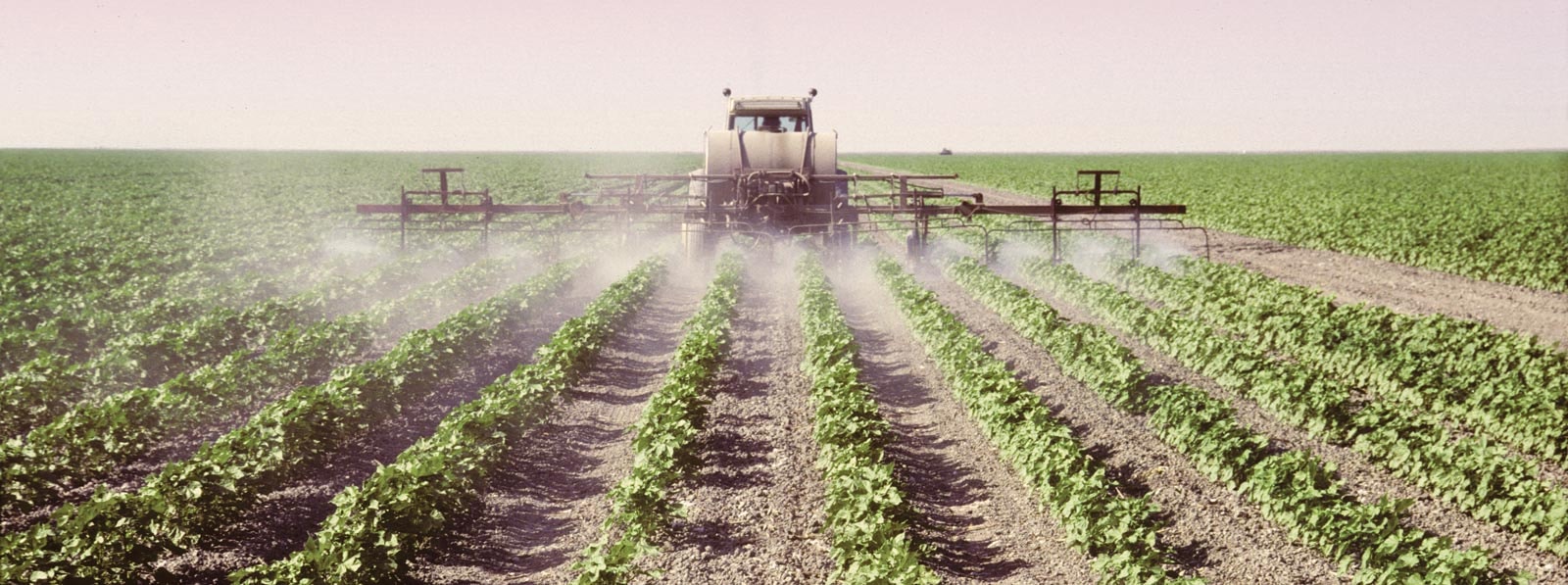Changing Visa regulations
The shortfall of workers was impacted by changes in 2017 to eligibility for 457 Temporary (Skilled) Visas restricting those who could use them to enter Australia for work. Following this, we saw changes to Working Holiday Visas (417 Visa) and Work and Holiday Visas (462 Visa).
Now a push by the National Farmers Federation of Australia for a new Agriculture Visa (Ag Visa), strongly backed by the National Party and Deputy Prime Minister Michael McCormack, has been reinvigorated.
On October 18, 2018, Australia’s Prime Minister Scott Morrison told the National Farmers Federation Congress that the government would “work towards establishing an agricultural visa” giving a renewed push to the program. The Ag Visa had been expected to come into effect before the end of the year, but this has yet to happen much to the frustration of many farmers who are about to kick off their summer harvest seasons.
Finding staff
Given that many agricultural industries have their base in the soil-rich areas around mining basins in regional Australia, they are competing against the comparatively high wages of this sector to secure local staff for their farming roles. It’s a competition the agricultural sector cannot possibly hope to win given the mining sector is one of the highest paying in Australia.
We must continue to look to workers who are prepared to come here from other countries and earn a decent wage, subject to strict oversight by a number of bodies to ensure the worker is not exploited. If, however, Australia is to remain an attractive destination to a prospective seasonal workforce, the labour hire sector needs to be working on ensuring their clients are looking after the welfare of this workforce.
We strongly believe that for us to be effective recruiters for the agricultural sector, we need to interview and vet our clients in much the same way we do our candidates to ensure they are a good fit with the values and ethics of the recruiting organisation.
If you are speaking with a client who is looking to cut corners any way they can and are happy to loosely ‘interpret’ the rights of workers, it is pretty clear how they will treat your contractors. As a recruiter you need to ask yourself if that is something you want be a party to. I don’t know how anyone who would enthusiastically say yes to that one.
I think there are some clear indicators about the kind of employer your client will be. These include:
- Do they have safety documentation in place for each role you are placing? Are there thorough induction and safety training processes?
- What is their understanding and awareness of the industrial relations framework?
- Do they understand the Visa conditions of having an overseas workforce?
- Are there clear position descriptions for each role?
- What is the staff turnover rate and what are the reasons staff give for leaving?
- What is the quality of accommodation like?
- What are their expectations of their workforce and their recruiter?
By working together as a sector to encourage employers to engage in best practice and to educate them where their knowledge of legislation and compliance is lacking, we can raise the standard of our industry.
In doing so, we will also raise our reputation further with those eligible in other countries considering a work visa for Australia and this is going to be our best chance of filling the skills shortage.





